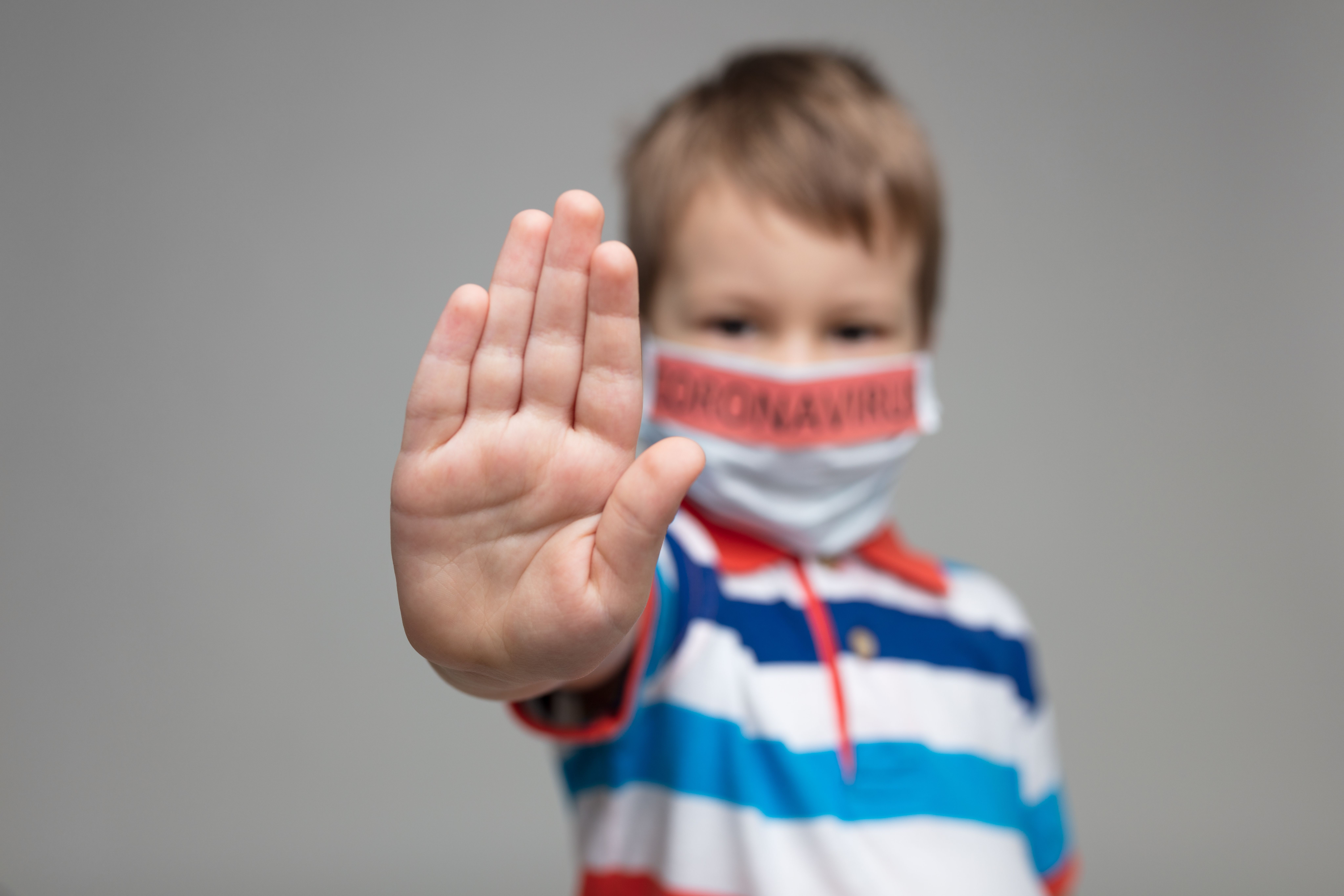- Clinical Technology
- Adult Immunization
- Hepatology
- Pediatric Immunization
- Screening
- Psychiatry
- Allergy
- Women's Health
- Cardiology
- Pediatrics
- Dermatology
- Endocrinology
- Pain Management
- Gastroenterology
- Infectious Disease
- Obesity Medicine
- Rheumatology
- Nephrology
- Neurology
- Pulmonology
Physicians, Caregivers Should Remain Vigilant for COVID-19 Infection in Children
Authors of a new research letter suggest that although early data show COVID-19 isn't as severe in children, health care providers and caregivers should still be vigilant.
©and.one/stock.adobe.com

Early data suggest the effects of coronavirus disease 2019 (COVID-19) are not as severe in children as adults, but it is still unclear what the impact is on children with special health care needs, according to a new research letter published in JAMA Pediatrics.
Children are more susceptible to influenza complications; however, they have experienced unexpectedly low rates of COVID-19 infection and pediatric deaths are also rare, according to the letter written by Sonja A. Rasmussen, MD, MS, and a colleague from the Department of Pediatrics at the University of Florida College of Medicine.
Analysis of >72 000 cases from China found 1.2% in patients aged 10-19 years and 0.9% in patients aged <10 years. In the same analysis, only 1 death was in adolescent age range, and no children aged 0-10 years died.
As for symptoms, children appear to have the same manifestations of COVID-19 as adults. Among 28 pediatric patients in China aged 1 month to 16 years, several patients were asymptomatic at diagnosis while others developed a fever, fatigue, dry cough, and other respiratory symptoms.
“The lower-than-expected rates of children affected by COVID-19 in China might be because of decreased exposure to the virus, decreased infection with the virus because of immunity to other coronaviruses, or decreased likelihood of illness, even when infected with the virus,” said researchers.
Furthermore, transmission of COVID-19 is likely the same as that seen in adults, but it is unknown whether COVID-19 can be spread through breastmilk. Although, among 6 mothers whose breastmilk samples were tested for SARS-CoV-2, all specimens were negative.
Health care providers and caregivers should still be vigilant about infection in children because even if they are infected yet asymptomatic, they can still serve as a source of transmission to adults.
“Surveillance of COVID-19 in the pediatric population, including seroprevalence studies, is needed to better understand its influence on US children,” concluded researchers. “Clinicians need to work with school and community leaders to implement interventions that slow disease spread and prevent severe illness and death, while ensuring that unintended consequences of these interventions on children are minimized.”
No Rx Required for COVID-19 Vaccination But ACIP Calls for Better Informed Consent Process
September 22nd 2025The ACIP on September 19 narrowly voted against requiring a prescription to get the shot but urged more detailed discussion of vaccine risks during shared decision making conversations.
